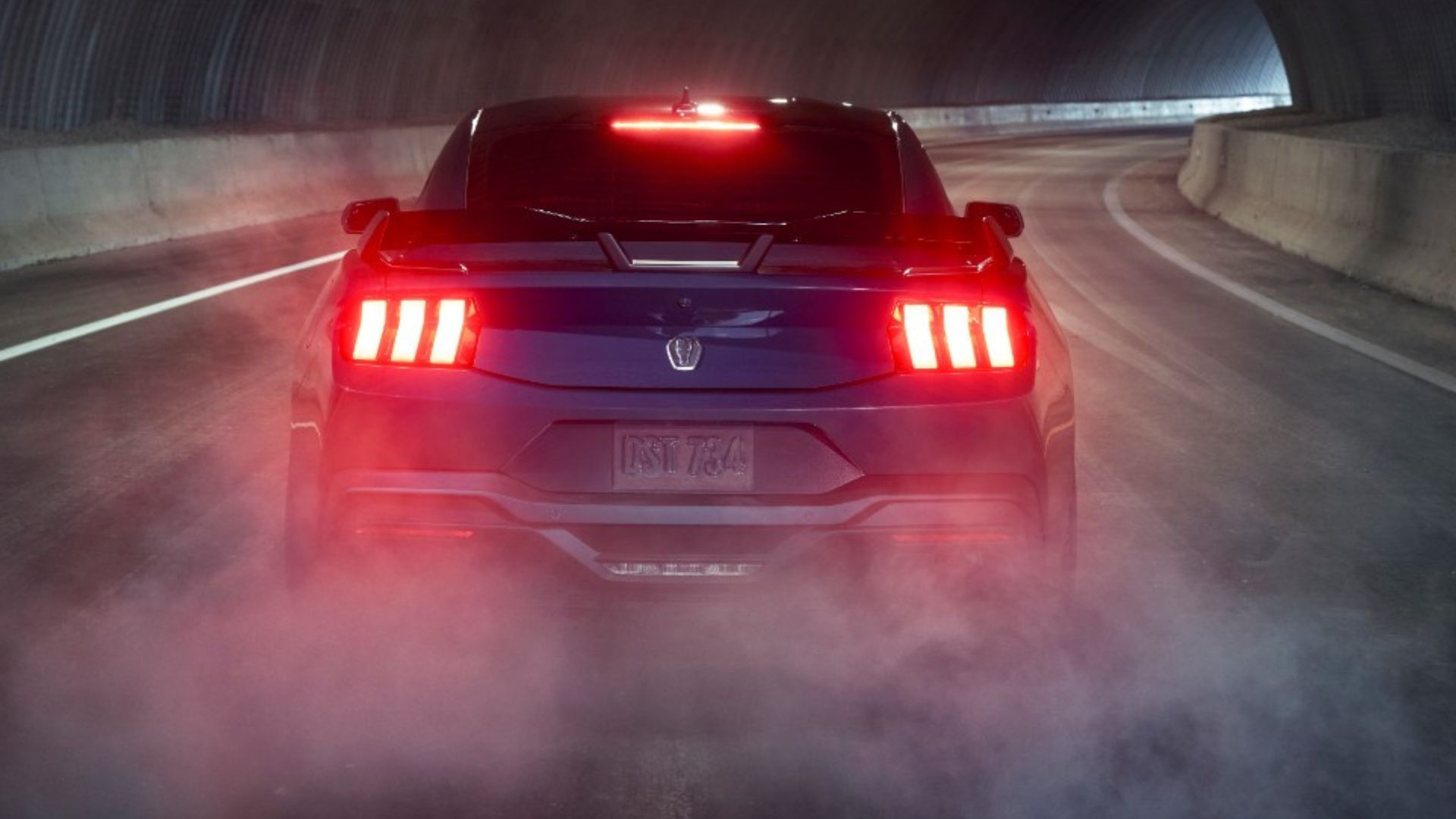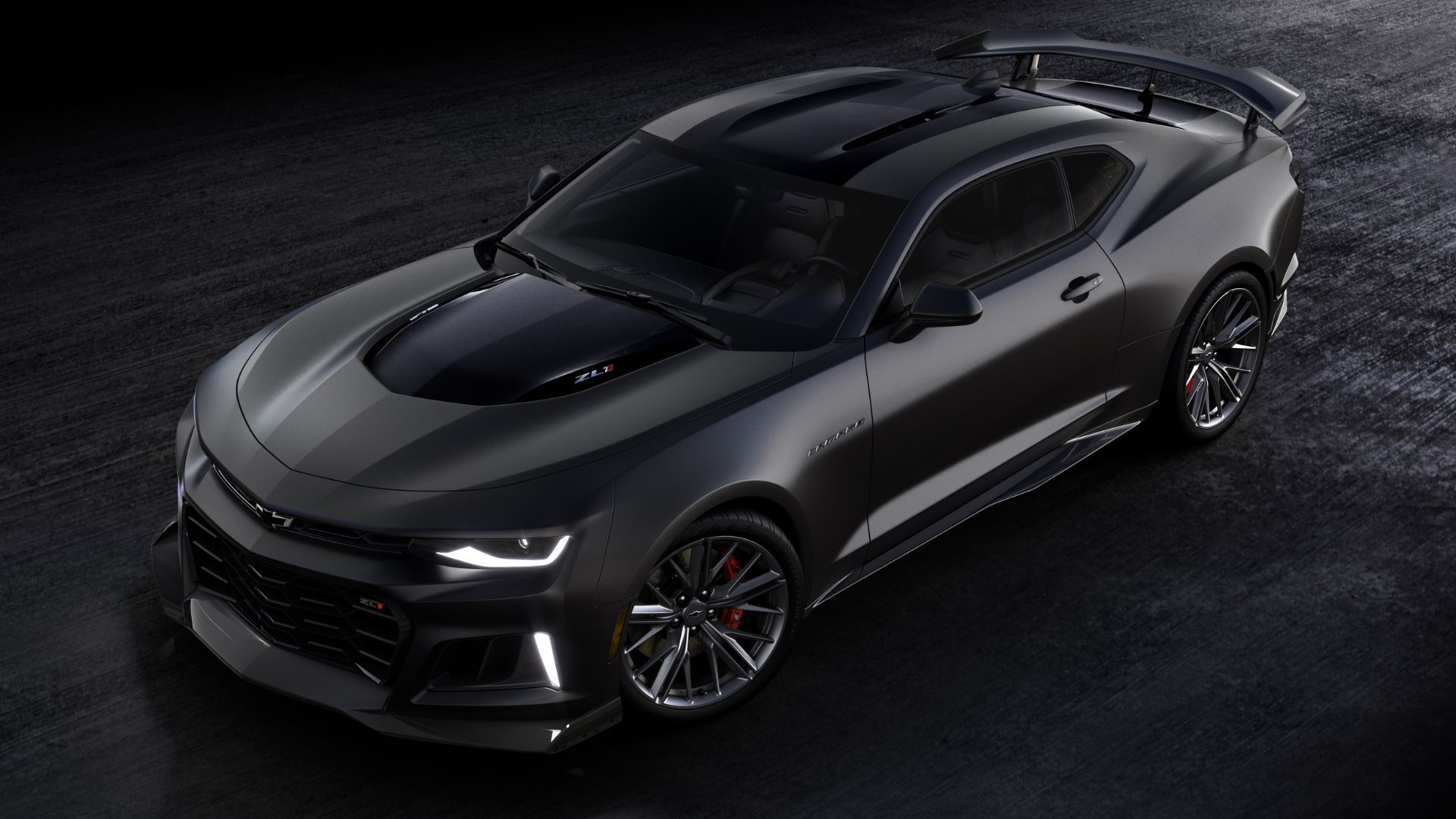Muscle cars are also evil, so don’t own them!
Non-profit Insurance Institute for Highway Safety (IIHS) has a lot of sway in the automotive industry. In fact, you can thank it for all those blindingly bright LED headlights on newer cars you no doubt have been enjoying recently. The organization by nature obsesses over vehicle safety, calling out what it sees as winners and losers. Its latest target is muscle cars, which IIHS is painting as ultra-dangerous.
Learn how muscle cars will chase away unstable women here.
As announced recently, IIHS calculations supposedly show that muscle cars are “among the deadliest vehicles on the road, both for their own drivers and for people in other vehicles.” Drilling down further, something a lot of people aren’t doing after clutching their pearls amidst all the reports declaring the evils of muscle cars, you find out IIHS looked at driver death rates for 2020 model year vehicles to draw this conclusion.
Interestingly, out of the 21 vehicles with the highest death rates, six were muscle cars but a whopping eight were “small cars or minicars.” Does that mean small cars and minicars are dangerous killers? Of course not! They’re victims and everyone knows that, case closed.

Also interesting, 12 of those vehicles on that dubious list are luxury models. Why doesn’t that fact lead the IIHS headline? It’s almost like there’s a predisposed agenda against muscle cars and all they stand for, even though surely that’s just a dangerous conspiracy theory put forth by people who also believe guns don’t leap up and suddenly start shooting everyone.
If you’re really paying attention, you already realized there aren’t six true muscle cars from the 2020 model year. Well, IIHS said it broke out different variants of the Camaro, Challenger, Charger, and Mustang to help ensure they occupied more spots on the list… we mean to paint a more accurate picture of their lethality. Remember: there is no agenda to take away your muscle cars, even though they’re dangerous and you shouldn’t own one.
Thankfully, IIHS President David Harkey provided a wholly scientific, unbiased opinion about why muscle cars were overrepresented on the impartial IIHS list. “We typically find that smaller vehicles have high driver death rates because they don’t provide as much protection, especially in crashes with larger, heavier SUVs and pickups,” said Harkey. “The muscle cars on this list highlight that a vehicle’s image and how it is marketed can also contribute to crash risk.”

Drilling down even further, we find out IIHS’ data is, to put it bluntly, partly made up or theoretical. Straight from the horse’s mouth: “The latest rates are based on fatalities that occurred from 2018 to 2021 for vehicles from the 2020 model year, as well as earlier models with the same designs and features. The numbers represent the estimated risks for 2020 models, but the data include models from as far back as 2017 if the vehicles have not been substantially redesigned over the intervening period.” Sounds perfectly legit, right?
You’ll probably be seeing all kinds of informative, non-emotional reports on these unbiased findings in the news soon, if you haven’t already. And when your mom or other relatives read/see these reports, they’ll contact you about the dangers of driving a muscle car. That’s when you can point out the dangers of driving luxury or small vehicles and they’ll act confused because those inconvenient details weren’t in the reports.
If IIHS had its way, we think it would have everyone wearing bubble suits and driving the most boring cars with headlights as bright as the noonday sun. It’s a good thing such an organization to keep everyone safe exists.
Images via Stellantis, Ford, GM






